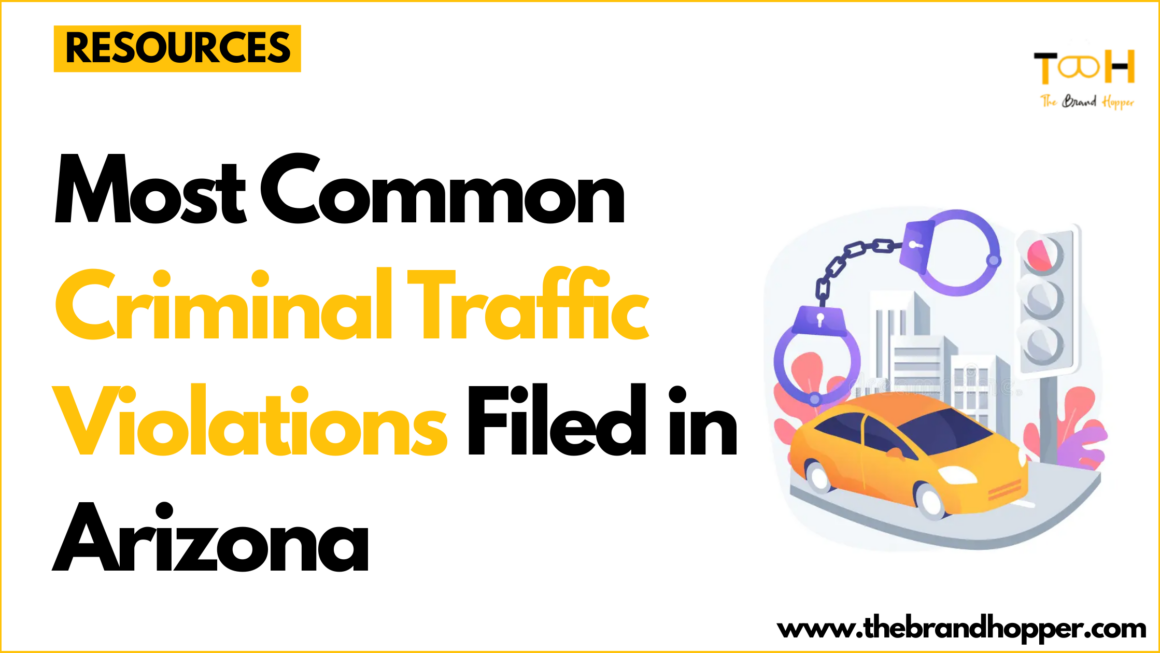Think about how quickly AI has woven itself into the fabric of our everyday lives—from voice assistants that understand our commands to personalized recommendations that influence what we buy and watch. This technology isn’t just transforming the consumer experience; it’s reshaping entire industries at a breathtaking pace. In fact, according to a report by PwC, AI could contribute up to $15.7 trillion to the global economy by 2030. That’s not just a big number—it’s a loud wake-up call for businesses of all shapes and sizes.
For companies not yet riding the AI wave, the risks of inaction are growing. Standing still might have been fine a few years ago, but now it could mean watching competitors leave you in the dust. Delaying adoption of advanced AI tools can result in missed opportunities, declining market share, and an inability to meet evolving customer expectations. On top of that, deploying AI without a clear strategy can lead to wasted investments, tangled data pipelines, and ethical or compliance issues.
This is where having a solid AI strategy becomes essential. A clear, well-defined plan not only helps you identify the right AI use cases but also ensures that your efforts align with your overarching business goals. By treating AI as a strategic asset rather than a “cool experiment,” you maximize its potential while avoiding common pitfalls. However, crafting and executing such a strategy can be complex—so complex that many organizations turn to AI strategy consulting for guidance. And if you notice some of the signs we’re about to discuss, you might realize that you need expert help sooner rather than later.
What Is AI Strategy Consulting?
Before diving into the six signs, let’s clarify what AI consulting is. In short, AI strategy consulting is a service provided by an AI consulting firm or specialist to help businesses plan, implement, and optimize AI initiatives, such as those offered at https://www.n-ix.com/ai-strategy-consulting/. The focus isn’t just on installing a chatbot or running a pilot project. Instead, it’s about designing a roadmap that brings AI into the heart of your operations—improving processes, boosting productivity, and ultimately giving you a competitive edge.
AI consulting services cover a broad range of activities, such as:
- Identifying High-Value Use Cases: Consultants help you zero in on the projects most likely to deliver a strong return on investment (ROI).
- Selecting the Right Technologies: Not all AI tools are created equal. Experts guide you toward solutions that fit your industry, scale with your growth, and integrate seamlessly with your existing systems.
- Managing Change and Adoption: Embracing AI often involves organizational shifts. Consultants teach your team how to work alongside AI and ensure everyone understands how and why these new tools are being implemented.
In other words, an AI consulting firm becomes your ally in navigating the complex AI landscape, helping you move from vague aspirations to concrete, measurable outcomes.
6 Signs It’s Time to Pick Up the Phone and Call in the Experts
Sign 1: Your Competitors Are Gaining an Edge with AI
The market is moving fast, and so are your rivals. If you see competitors rolling out AI-driven marketing campaigns, using predictive analytics to manage supply chains, or improving customer service with intelligent chatbots, it’s time to pay attention. The longer you wait, the wider the gap between you and them becomes.
What This Looks Like in Practice:
Your competitor might use AI to predict customer demand more accurately, enabling them to stock just the right products at the right time. Meanwhile, you’re left with guesswork and potentially overstocking or understocking. If you’ve noticed such patterns, consider that a bright, flashing signal: you need AI strategy consulting to regain your footing and perhaps even surpass your competition.
Sign 2: Your Team Lacks AI Expertise
Adopting AI isn’t as simple as installing software and flipping a switch. You need people who understand machine learning algorithms, data architecture, model training, and ethical considerations. If your current staff is inexperienced in these areas, you risk making costly mistakes.
What This Looks Like in Practice:
Suppose your data analysts are struggling to preprocess data for an AI model, or your IT team can’t figure out how to integrate a new natural language processing tool into your CRM. A lack of in-house AI expertise isn’t shameful—it’s common. Hiring full-time AI experts can be expensive and time-consuming. By leveraging AI consulting services, you gain instant access to seasoned professionals who can guide you and your team through every stage of an AI project.
Sign 3: You’re Struggling to Identify AI Use Cases
AI can revolutionize countless aspects of your business—from automating repetitive tasks to predicting sales trends. But not every AI idea is a good one. Sometimes, companies invest in “flashy” applications that don’t solve real problems or deliver measurable returns.
What This Looks Like in Practice:
Maybe your executive team is stuck in a brainstorming loop, tossing around ideas like “Let’s add AI somewhere in our customer journey!” without pinpointing a specific pain point or outcome. Or perhaps your stakeholders can’t agree on which business unit should be prioritized for AI adoption. When you can’t figure out where AI can make the biggest difference, it’s time to bring in experts.
AI consulting firms excel in helping you prioritize. They look at your existing processes, data maturity, and strategic goals, then propose initiatives that align with your bottom line. This eliminates guesswork and ensures your AI investments are targeted and meaningful.
Sign 4: Your Data Isn’t AI-Ready
Data is the fuel that powers AI, and bad data leads to poor performance or downright failure. If you’re not confident about the quality, structure, or accessibility of your data, it’s unlikely that your AI projects will yield positive results.
What This Looks Like in Practice:
You have multiple databases across different departments, and no one is sure which version of the truth is accurate. Or your data is stored in formats that are hard for AI models to understand, riddled with errors and duplicates. Fixing these issues might feel overwhelming.
AI consulting services can perform a data readiness assessment, recommend data cleaning tools, and help implement data governance frameworks. They ensure you have the right pipelines, storage solutions, and quality checks so your AI models receive the inputs they need to excel.
Sign 5: You Need to Scale Existing AI Efforts
Maybe you’ve already dipped your toes into the AI pool. You launched a pilot project—say, an AI-driven chatbot for customer support—and it showed promise. Now, you want to scale that initiative across multiple channels or expand into new AI applications. Scaling AI isn’t just about adding more servers or paying for higher software tiers; it requires strategic planning, reevaluation of data flows, and ensuring your team is ready to handle larger workloads.
What This Looks Like in Practice:
The chatbot worked well for one product line, but now you want it to handle all product categories and integrate with your CRM. Your current infrastructure might not support such growth, or your team may lack the expertise to manage a more complex system.
An AI consulting firm can help you take a successful pilot and turn it into a company-wide success story. They’ll advise on infrastructure upgrades, guide organizational restructuring, and help you implement best practices to manage increased complexity without losing performance or accuracy.
Sign 6: You’re Unsure About AI ROI and Risk
AI can be a significant investment. If you’re not sure how to measure the return on that investment or worry about potential risks—such as bias in AI models or non-compliance with evolving regulations—you need expert help. This is especially important in regulated industries like healthcare or finance, where misuse of AI could lead to hefty fines or reputational damage.
What This Looks Like in Practice:
Your leadership team might ask, “How do we know if this AI project will pay off in three years?” Or maybe you’re unsure if your AI model inadvertently discriminates against a certain group of customers. AI consultants bring frameworks and tools to assess financial returns, manage risk, and ensure your AI aligns with ethical and legal standards. They’ll help you develop KPIs, track performance over time, and set up guardrails that minimize potential downsides.
Benefits of Working with AI Consulting Services
- Accelerated Time-to-Value: An AI consulting firm helps you identify the quickest wins and break down big projects into manageable phases. Instead of spending months (or years) in trial-and-error mode, you can start seeing tangible improvements in a matter of weeks.
- Cost Savings and Resource Optimization: By choosing the right use cases, technologies, and methods upfront, you avoid wasting money on dead-end projects or tools that don’t fit your needs. Consultants also streamline your workflows, ensuring efficient use of both human and computational resources.
- Risk Mitigation and Compliance: Worried about regulatory challenges or ethical dilemmas? AI consultants stay up-to-date on the latest legal requirements and industry best practices. They guide you in adopting AI ethically and responsibly, reducing the risk of legal complications or public backlash.
- Enhanced Team Capability: Partnering with an AI consulting provider often involves training and knowledge transfer. Over time, your internal team gains the skills and confidence to manage AI solutions independently, reducing dependency on outside help.
- Scalable Frameworks for the Future: A well-crafted AI strategy isn’t just about solving today’s problems. It sets you up for future growth. When new AI technologies emerge, or your business priorities shift, your underlying strategy ensures you can adapt quickly and remain competitive.
How to Choose the Right AI Strategy Consulting Experts
Not all consulting firms are created equal, so how do you find the right partner?
- Proven Track Record: Look for consultants who have successfully delivered results in your industry or a similar one. Their case studies and testimonials can provide insights into their expertise and reliability.
- Cultural Fit and Communication: The best consulting relationships feel like a natural extension of your team. Ensure that the firm communicates clearly, understands your company culture, and is willing to collaborate closely with your internal stakeholders.
- Technical and Strategic Insight: A good AI consultant combines technical skills with strategic thinking. They should be able to talk you through model selection and data pipelines in one minute and then discuss business objectives and ROI in the next.
- Ongoing Support and Flexibility: Your needs will evolve as you implement AI. Choose a consulting partner who offers ongoing support, iterative improvements, and the flexibility to pivot as necessary.
Practical Tip:
Don’t hesitate to ask potential consultants for a brief workshop or assessment. Even a short engagement can reveal their working style, expertise, and how well they understand your business challenges.
Take the Next Step
If you recognize any of the signs we’ve discussed—whether it’s competitor pressure, a lack of internal AI know-how, difficulty identifying use cases, data issues, scalability challenges, or uncertainty about ROI—don’t wait for these problems to get worse. Seeking help from AI consulting services can save you time, money, and headaches down the line.
Remember, AI isn’t just another tech trend; it’s a transformative force reshaping how businesses operate. By investing in a solid AI strategy and bringing in expert guidance from an AI consulting firm, you’re not just implementing a new tool—you’re setting your business up for sustainable growth, innovation, and success in the years to come.
To read more content like this, explore The Brand Hopper
Subscribe to our newsletter




